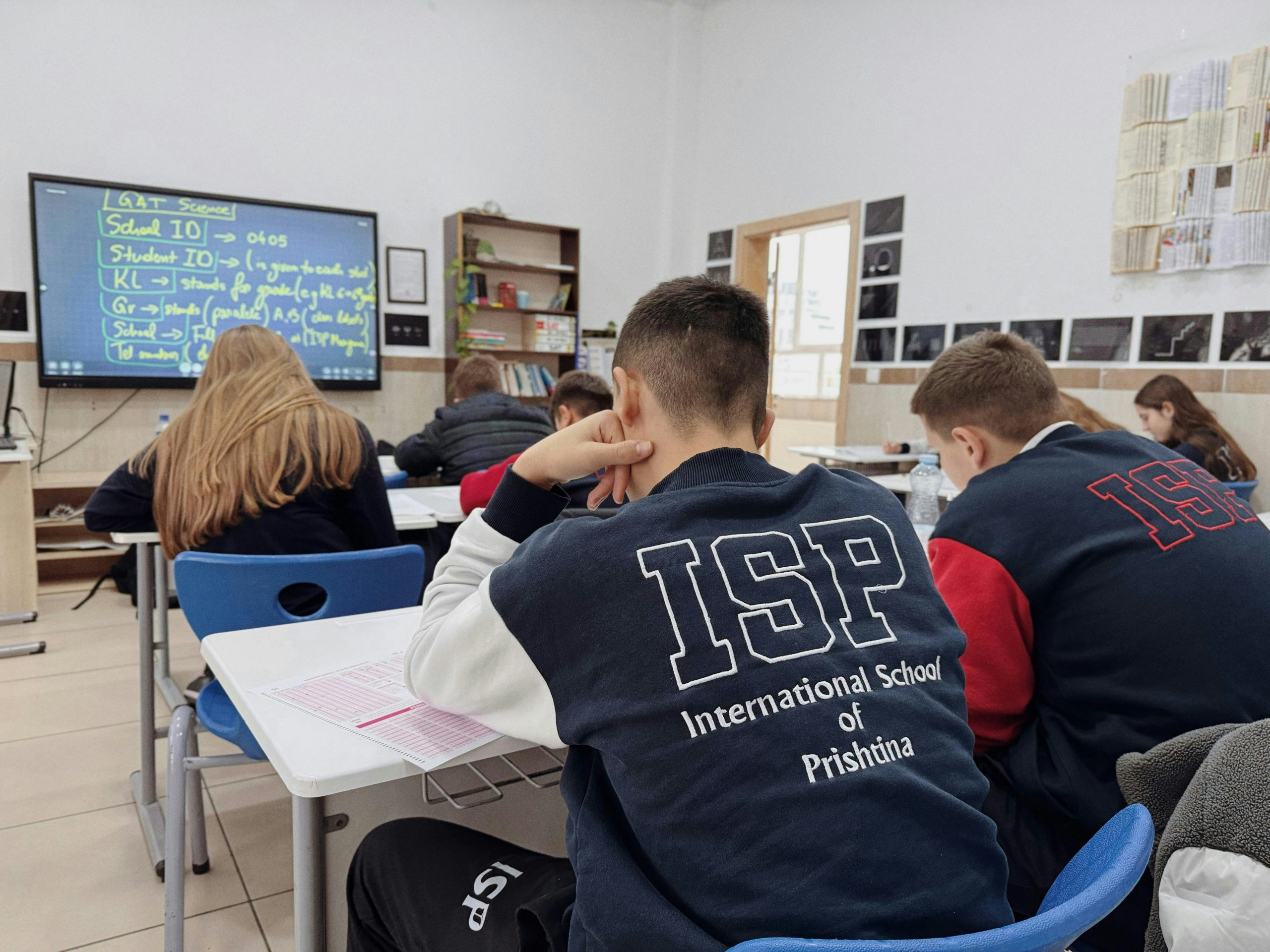Building Successful Partnerships in Spanish Classrooms
One of the most important parts of your experience as an English Teaching Assistant in Spain is the relationship you build with your Spanish co-teachers. A positive and respectful partnership makes your time in the classroom smoother, more enjoyable, and more impactful. On the other hand, unclear roles or cultural misunderstandings can quickly create frustration and confusion.
Working well with your co-teachers is about balance—finding the right mix between contributing your ideas and respecting their teaching style. Here are some practical ways to build a strong, professional, and friendly relationship with your Spanish colleagues. Our Posts

1. Build Relationships First
Take time to connect with your co-teachers beyond the classroom. Ask about their teaching style, routines, and what challenges they face with students. Even small efforts to speak Spanish show genuine respect and help build trust. Remember, relationships in Spain often grow through casual conversations and shared coffee breaks. A friendly tone can make future collaboration much easier.

2. Clarify Roles and Expectations
Many English Teaching Assistants feel uncertain about what is expected of them. Each school and teacher may have a different idea of your role. To avoid misunderstandings, ask early questions such as: Do you prefer that I lead speaking activities? Should I assist during grammar lessons? Would you like me to prepare games or presentations? Once expectations are clear, teamwork becomes smoother, and both sides feel more comfortable.

3. Add Value Without Overstepping
Bring your cultural perspective and creative ideas—songs, videos, or interactive games—but remember that your main role is to support the teacher, not to replace their curriculum. Introduce your ideas as suggestions rather than instructions. For example, you might say, “Would it help if we did a short speaking game before the reading activity?” This approach shows initiative while respecting your co-teacher’s authority and experience.

4. Stay Flexible and Positive
Schedules in Spanish schools can change frequently. Classes get canceled, rooms are reassigned, or activities are rescheduled without notice. The best way to handle this is with flexibility and good humor. Always keep a few backup activities ready, such as short vocabulary games or quick discussions. Maintaining a positive attitude helps you stand out as someone easy and enjoyable to work with.

5. Handle Challenges Diplomatically
Sometimes, teachers might expect you to take on tasks beyond your contract, such as grading work or leading full lessons without guidance. When this happens, stay calm and polite. You can refer back to your agreed responsibilities by saying something like, “I want to make sure I’m following my assigned role so I can give my best.” If the situation continues, reach out to your program coordinator for clarification. Professional communication keeps the relationship respectful and avoids unnecessary conflict.

6. Use Informal Moments
Some of the best professional relationships in Spanish schools are built outside the classroom. Join your co-teachers during coffee breaks, lunch, or in the staff lounge. These informal conversations help you understand the school culture and build trust naturally. Sharing a laugh or a short chat about daily life goes a long way in creating a friendly working atmosphere.
Essential Tips for English Teaching Assistants in Spain
- Learn basic Spanish classroom phrases and greetings
- Observe classroom dynamics before suggesting changes
- Prepare engaging cultural activities from your home country
- Respect Spanish educational traditions and methods
- Document your successful activities to share with future assistants
Creating Lasting Professional Connections
Being an English Teaching Assistant in Spain is not only about working with students—it is also about learning how to collaborate with teachers who come from a different cultural and educational background. Building mutual respect, staying flexible, and communicating clearly can transform your experience from simply teaching English to becoming part of a true educational team.
With patience, openness, and support from EduMobility, you can turn your collaboration with Spanish co-teachers into one of the most rewarding parts of your time abroad. A strong partnership in the classroom leads to better lessons, happier students, and a more meaningful year in Spain.

Start Your Spanish Teaching Adventure
Ready to begin your journey as an English Teaching Assistant in Spain? These collaboration strategies will help you build positive relationships with your co-teachers and create an unforgettable teaching experience. Remember that successful teaching in Spain combines professional skills with cultural understanding and personal connection. https://edumobility.movetomadrid.com/our-posts/






